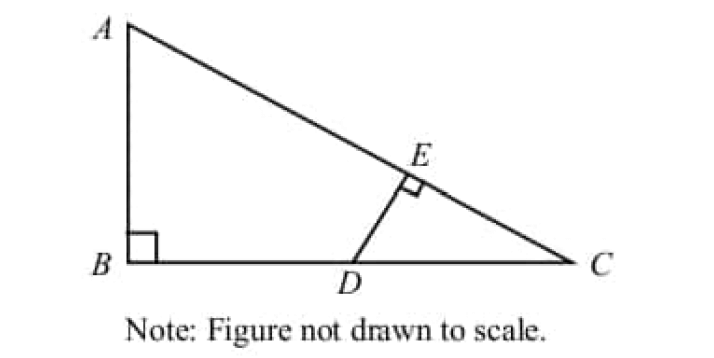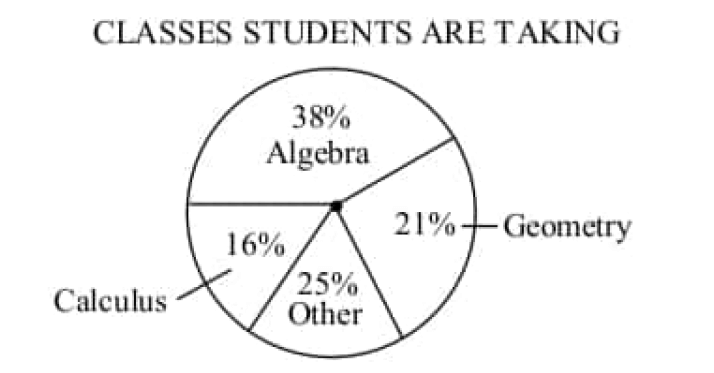PROBLEMS ON COMPLEX CONJUGATE ZEROS
The complex conjugate of a complex number a + bi can be found by negating the imaginary part, that is, a − bi.
For example, the complex conjugate of 2 − 3i is 2 + 3i.
Using the given zero, find all zeros and write the linear factorization of f(x).
Problem 1 :
1 + i is a zero of f(x) = x4 - 2x3 - x2 + 6x - 6
Solution :
Since the given zero is complex number, its conjugate can be considered as the another zero of the polynomial.
f(x) = x4 - 2x3 - x2 + 6x - 6
Let α = 1 + i, then β = 1 - i
Using the above zeros, we can create a quadratic function which is having the highest exponent of 2.
|
α + β = 1 + i + 1 - i = 2 |
α β = (1 + i)(1 - i) = 12 - i2 = 1 - (-1) = 2 |
The quadratic equation which consists of above zeros.
x2 - (α + β)x + α β = 0
x2 - 2x + 2 = 0
The given polynomial f(x) will have 4 zeros. Two of the zeros is derived from the quadratic polynomial we have created. To find the other zeros, we divide the 4th degree polynomial by quadratic polynomial, so we get the quotient as other quadratic polynomial.
By solving the polynomial that we receive as quotient, we get the

Quotient = x2 - 3
Solving the quotient, we get
x2 - 3 = 0
x2 = 3
x = √3
x = √3 and x = - √3
So, the zeros are 1 + i, 1 - i, √3 and -√3
The linear factors are,
(x - (1 + i)) (x - (1 - i)) (x - √3)(x + √3)
Problem 2 :
1 + 3i is a zero of f(x) = x4 - 2x3 + 5x2 + 10x - 50
Solution :
Since the given zero is complex number, its conjugate can be considered as the another zero of the polynomial.
f(x) = x4 - 2x3 + 5x2 + 10x - 50
Let α = 1 + 3i, then β = 1 - 3i
Using the above zeros, we can create a quadratic function which is having the highest exponent of 2.
|
α + β = 1 + 3i + 1 - 3i = 2 |
α β = (1 + 3i)(1 - 3i) = 12 - (3i)2 = 1 - 9(-1) = 10 |
The quadratic equation which consists of above zeros.
x2 - (α + β)x + α β = 0
x2 - 2x + 10 = 0
The given polynomial f(x) will have 4 zeros. Two of the zeros is derived from the quadratic polynomial we have created. To find the other zeros, we divide the 4th degree polynomial by quadratic polynomial, so we get the quotient as other quadratic polynomial.
By solving the polynomial that we receive as quotient, we get the

Quotient = x2 - 5
Solving the quotient, we get
x2 - 5 = 0
x2 = 5
x = √5
x = √5 and x = - √5
(x - (1 + 3i)) (x - (1 - 3i)) (x - √5)(x + √5)
Write a polynomial function of minimum degree in standard form with real coefficients whose zeros include those listed.
Problem 3 :
1 + 2i and 1 - 2i
Solution :
The given roots are in the form complex numbers and conjugates are also given, using these two factors we can get a quadratic polynomial.
Let α = 1 + 2i, then β = 1 - 2i
|
α + β = 1 + 2i + 1 - 2i = 2 |
α β = (1 + 2i)(1 - 2i) = 12 - (2i)2 = 1 - 4(-1) = 5 |
The quadratic equation which consists of above zeros.
x2 - (α + β)x + α β = 0
x2 - 2x + 5 = 0
Problem 4 :
-1, 2 and 3i
Solution :
In the given roots two roots are real number and another one is the complex number. So, its conjugate can be considered as another zero.
Writing in factored form, we get
x = -1, x = 2, x = 3i and x = -3i
Quadratic equation with the roots -1 and 2 :
Let f(x) = (x + 1)(x - 2)
= x2 - 2x + 1x - 2
= x2 - x - 2
Quadratic equation with the roots 3i and -3i :
Let q(x) = (x + 3i)(x - 3i)
x2 - (α + β)x + α β = 0
Sum of zeroes :
α + β = 3i + (-3i)
= 0
Product of zeroes :
α β = 3i (- 3i)
= -9i2
= -9(-1)
= 9
q(x) = x2 + 9
Product of these two quadratic polynomials is :
r(x) = (x2 - x - 2) (x2 + 9)
= x4- x3 - 2x2 + 9x2 - 9x - 18
= x4- x3 + 7x2 - 9x - 18
Problem 5 :
5 and 3 + 2i
Solution :
In the given roots one root is a real number. Since the other root is in form of complex number, we have to use its conjugate as other root.
Writing in factored form, we get
x = 5, x = 3 + 2i and x = 3 - 2i
Linear equation with the root 5 :
Let f(x) = (x - 5)
Quadratic equation with the roots 3 + 2i and 3 - 2i :
Let q(x) = (x + (3 + 2i))(x - (3 - 2i))
x2 - (α + β)x + α β = 0
Sum of zeroes :
α + β = 3 + 2i + 3 - 2i
= 6
Product of zeroes :
α β = (3 + 2i)(3 - 2i)
= 32 - (2i)2
= 9 - 4(-1)
= 9 + 4
= 13
q(x) = x2 - 6x + 13
Product of these two quadratic polynomials is :
r(x) = (x - 5) (x2 - 6x + 13)
= x3- 5x2 - 6x2 + 30x + 13x - 65
= x3 - 11x2 + 43x - 65
Kindly mail your feedback to v4formath@gmail.com
We always appreciate your feedback.
©All rights reserved. onlinemath4all.com
Recent Articles
-
Digital SAT Math Problems and Solutions (Part - 216)
Jul 16, 25 01:28 AM
Digital SAT Math Problems and Solutions (Part - 216) -
Digital SAT Math Problems and Solutions (Part - 215)
Jul 15, 25 01:24 PM
Digital SAT Math Problems and Solutions (Part - 215) -
Digital SAT Math Problems and Solutions (Part - 214)
Jul 14, 25 08:54 PM
Digital SAT Math Problems and Solutions (Part - 214)

